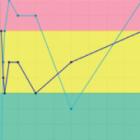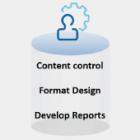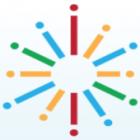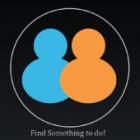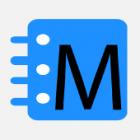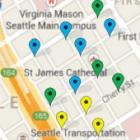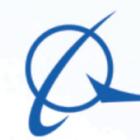
Enhancing Customer Experience: Boeing CEC App
Boeing is continuously looking for ways to enhance the customer journey at its Customer Experience Center (“CEC”), where aircraft priced at hundreds of millions of dollars are marketed to airline executives worldwide. At the CEC, customers are given a tour of airliner mockups, which relies heavily on verbal descriptions, limiting the amount of information that can be communicated.
For our project, we conceptualized and prototyped a location-aware application for client use throughout the tour. This app will provide customers detailed descriptions of Boeing aircraft by seamlessly transmitting information tailored for specific airlines relative to the user’s location within the tour. Utilizing a combination of Wi-Fi triangulation, Geofencing, and NFC technologies, the intuitive user interface displays images of alternate interiors layouts, configurations for lighting, colors and setups, as well as data such as fuel prices and measurements automatically relevant to the user’s location. Creating a seamless way to share information.



